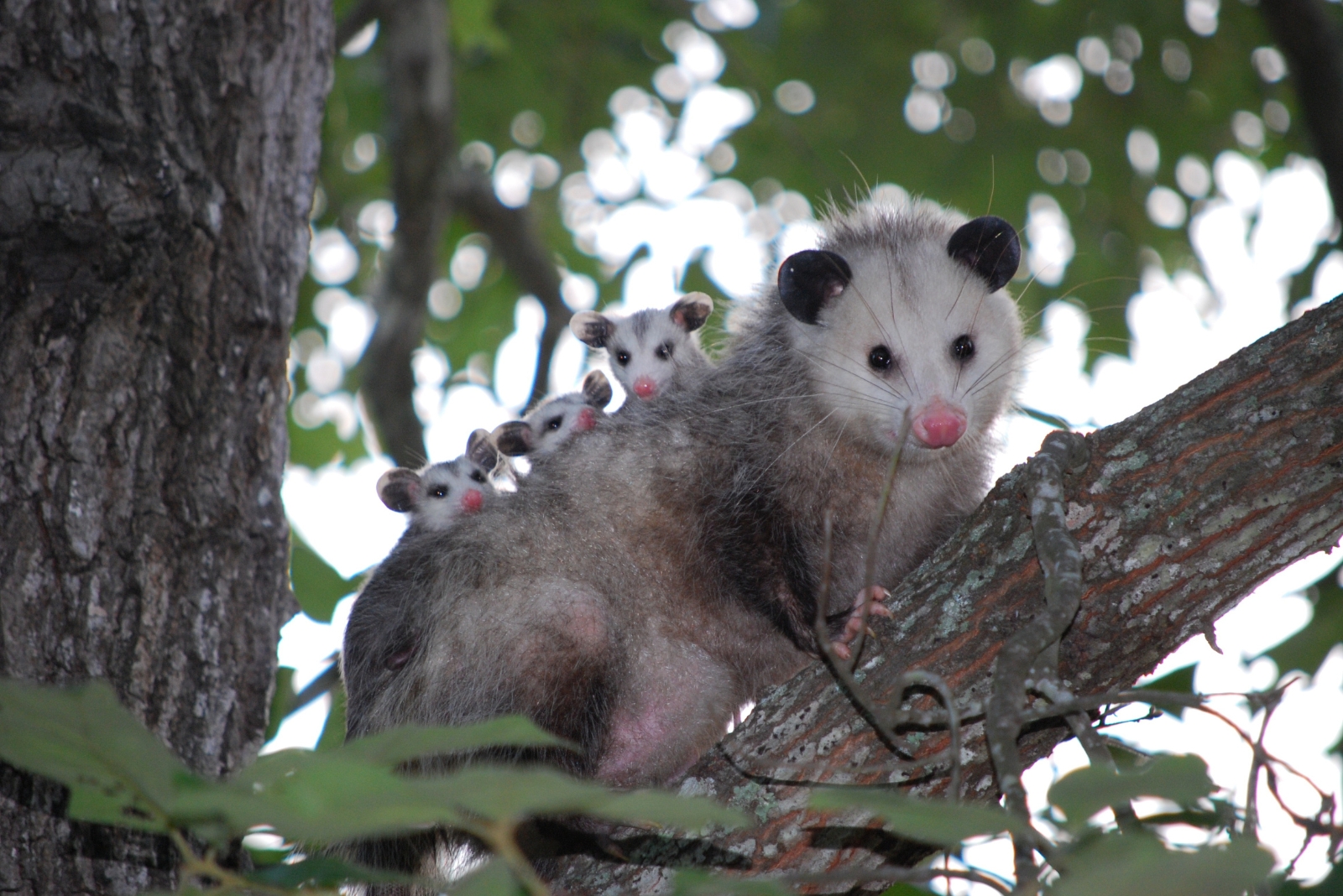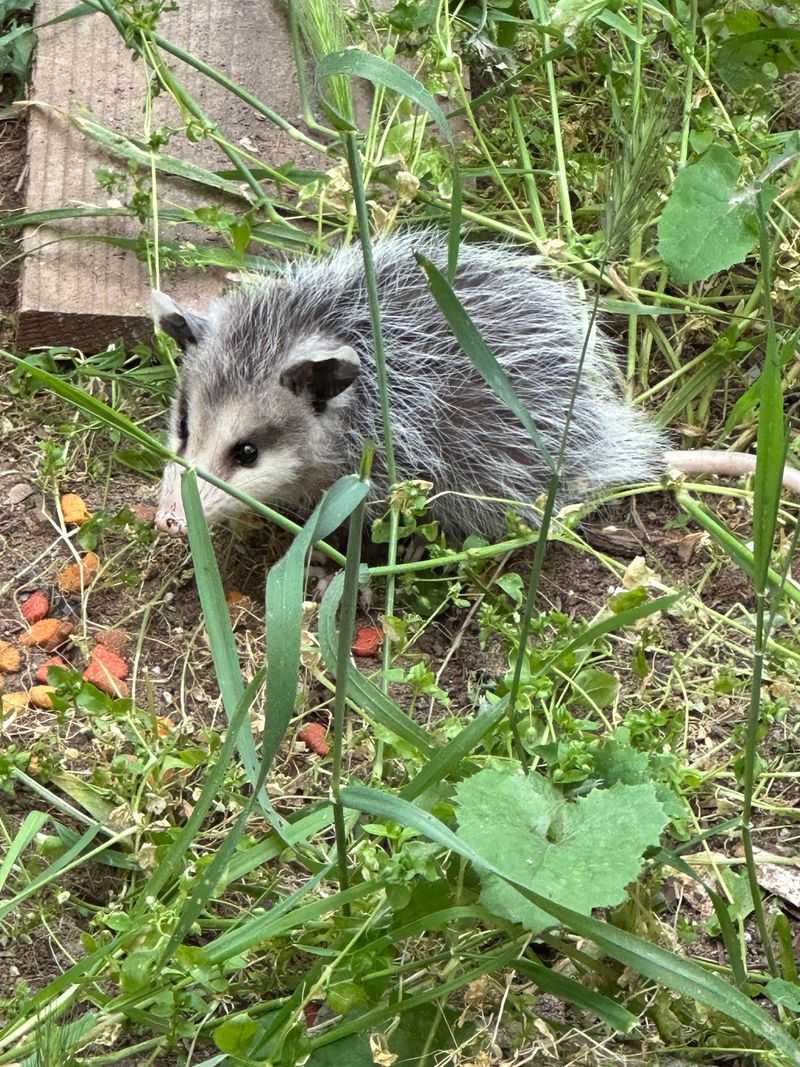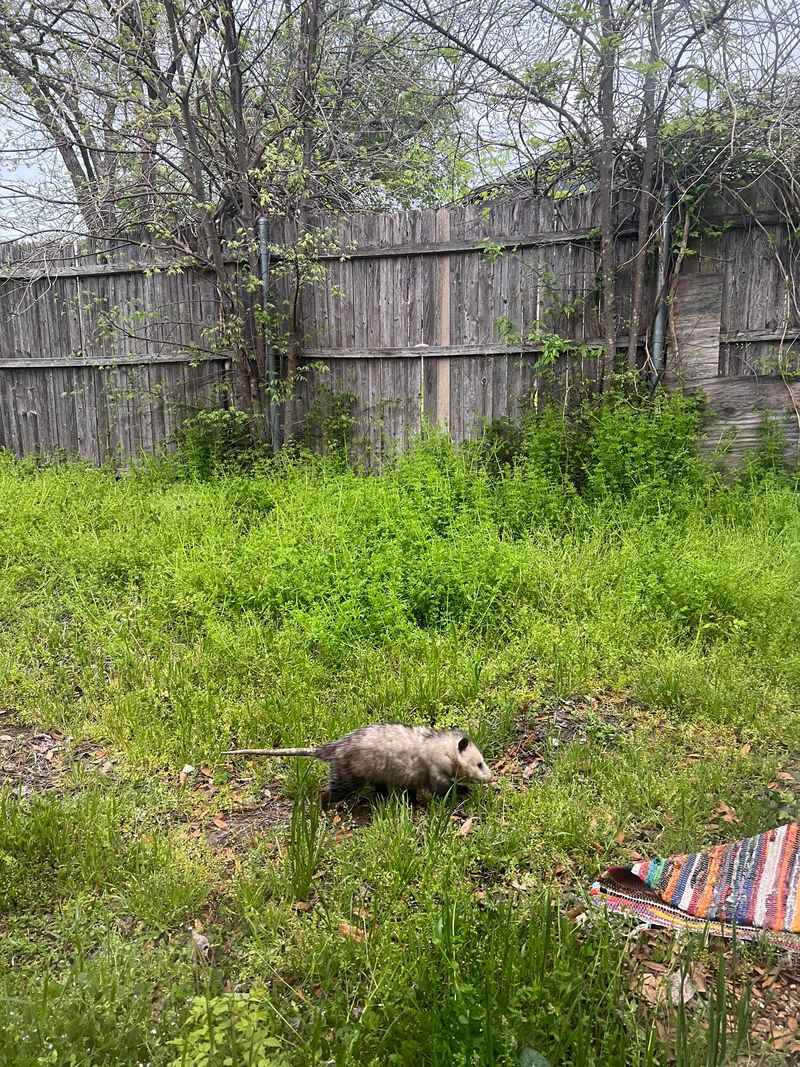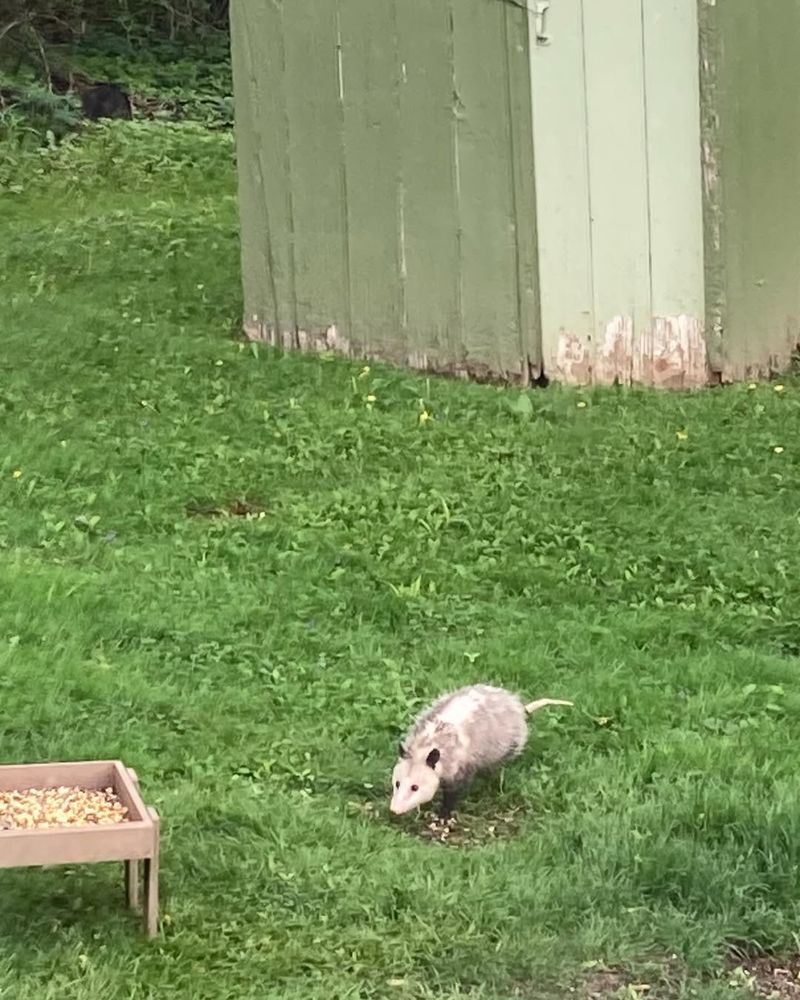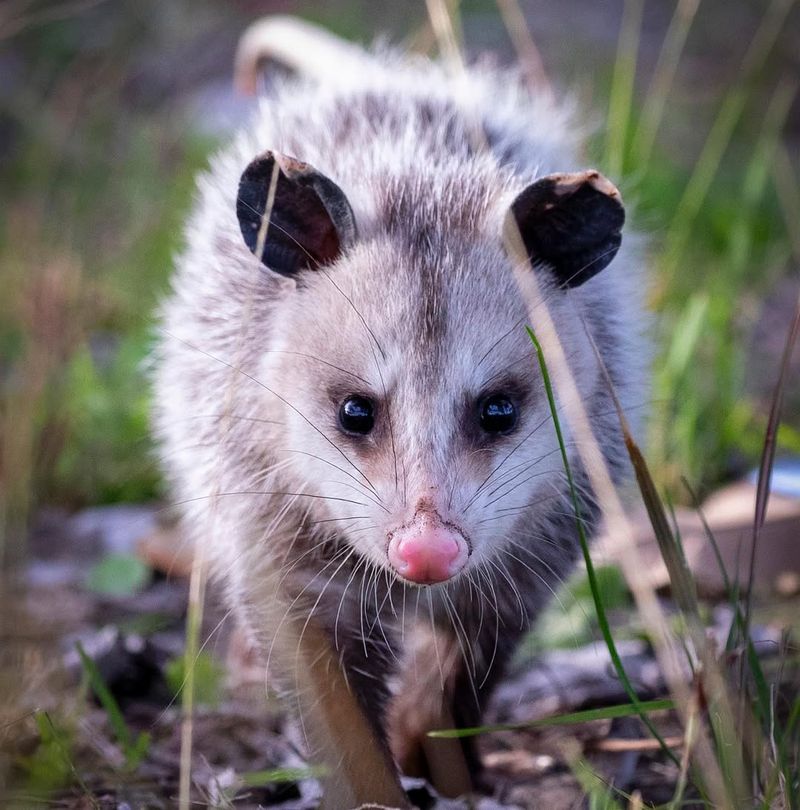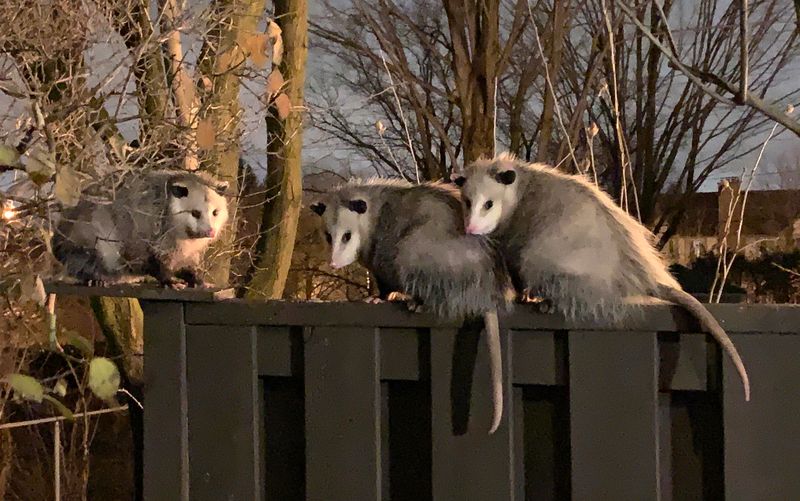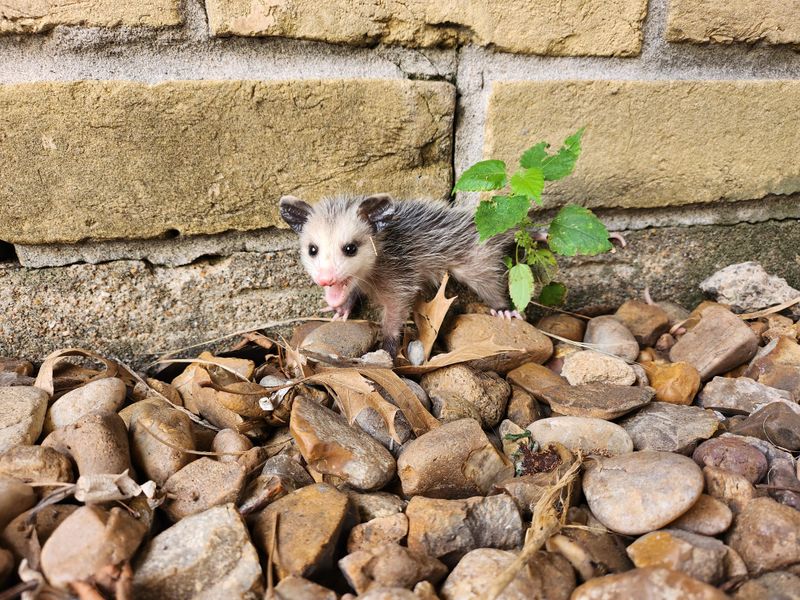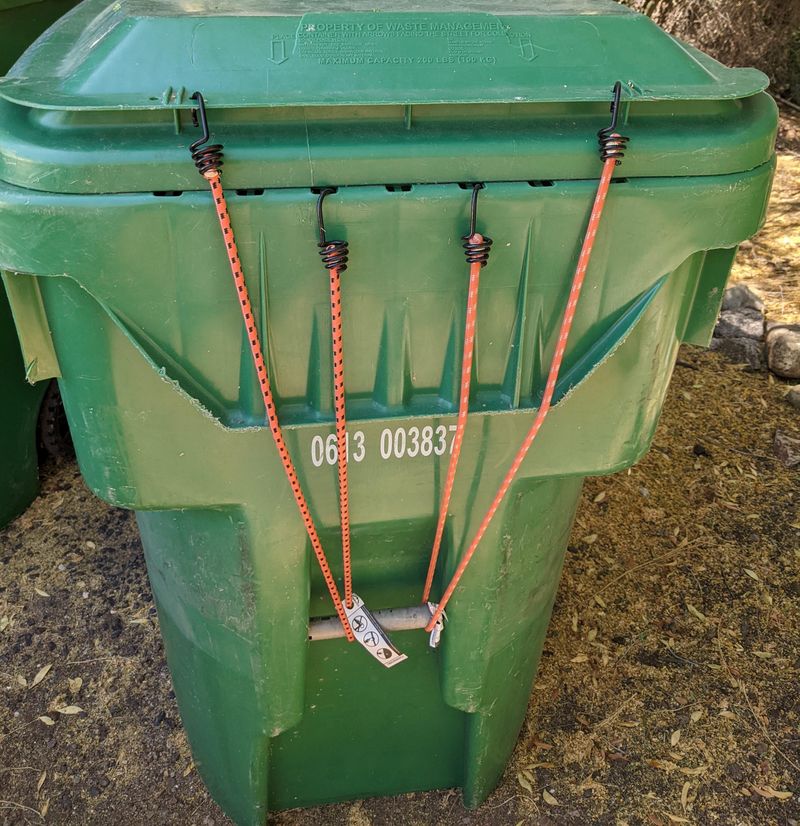Possums in West Virginia have a funny way of showing up when you least expect them. Before handling one, there’s a whole list of things worth understanding first.
I’ve picked up a few surprising details that make dealing with them easier. You’ll be glad you knew these ahead of time.
1. Possums Are Protected by State Wildlife Laws
West Virginia has specific regulations about handling wildlife, and possums fall under these rules. You cannot simply trap or relocate them without understanding the legal requirements first.
Most counties require permits for trapping, and releasing animals in random locations is actually illegal. Breaking these laws can result in hefty fines.
Contact your local Division of Natural Resources office before taking any action to ensure you’re following proper procedures throughout the Mountain State.
2. They’re Nature’s Cleanup Crew
Believe it or not, possums actually help keep your yard healthier than you might think. They feast on ticks, cockroaches, rats, and other pests that can cause real problems around your home.
A single possum can eat up to 5,000 ticks in one season, reducing your risk of Lyme disease significantly. They also consume dead animals and fallen fruit that would otherwise attract more troublesome pests.
Many West Virginia residents find that tolerating possums creates a natural pest control system worth keeping.
3. Possums Rarely Carry Rabies
One common fear about possums is rabies, but here’s a surprising fact: their body temperature is too low for the rabies virus to survive. Cases of rabid possums are extremely rare compared to raccoons, bats, or skunks.
While any wild animal bite requires medical attention, possums pose minimal rabies risk. They’re far more likely to play dead than attack when confronted.
West Virginia health officials confirm that possum-related rabies cases are virtually nonexistent, making them one of the safer wild animals you might encounter.
4. Professional Removal Is Often Necessary
Attempting DIY possum removal can backfire quickly, leading to bites, property damage, or legal issues. Licensed wildlife removal experts understand animal behavior and have proper equipment to handle situations safely.
Professionals also know how to identify entry points and seal them permanently, preventing future invasions. They follow all West Virginia regulations during the removal and relocation process.
While hiring help costs money upfront, it prevents expensive mistakes and ensures the job is done correctly the first time around.
5. Temporary Visitors Don’t Need Removal
Possums are nomadic creatures that rarely stay in one place for more than a few days. If you spot one passing through your West Virginia property, patience might be your best strategy.
They’re simply searching for food and shelter, and once they move on naturally, your problem solves itself. Removing food sources like pet food or unsecured trash often encourages them to leave faster.
Save yourself the hassle and expense by waiting a week to see if the possum relocates on its own before calling for help.
6. Baby Possums Require Special Care
Discovering a mother possum with babies complicates removal significantly. Separating young joeys from their mother before they’re ready can result in their death, which is both inhumane and potentially illegal.
Baby possums stay in their mother’s pouch for about two months, then ride on her back for another month. During this time, the family unit must stay together.
West Virginia wildlife rehabilitators can assess the situation and determine the safest timing for removal that protects the entire family.
7. Prevention Beats Removal Every Time
Stopping possums from settling in is far easier than removing them after they’ve made your property home. Secure trash cans with tight lids, eliminate outdoor pet food, and seal crawl spaces or deck openings.
Trim tree branches away from your roof and remove brush piles where possums might nest. Motion-activated lights can also discourage nighttime visitors effectively.
Taking these simple steps keeps possums away naturally, saving West Virginia homeowners from the stress and cost of professional removal services down the road.

